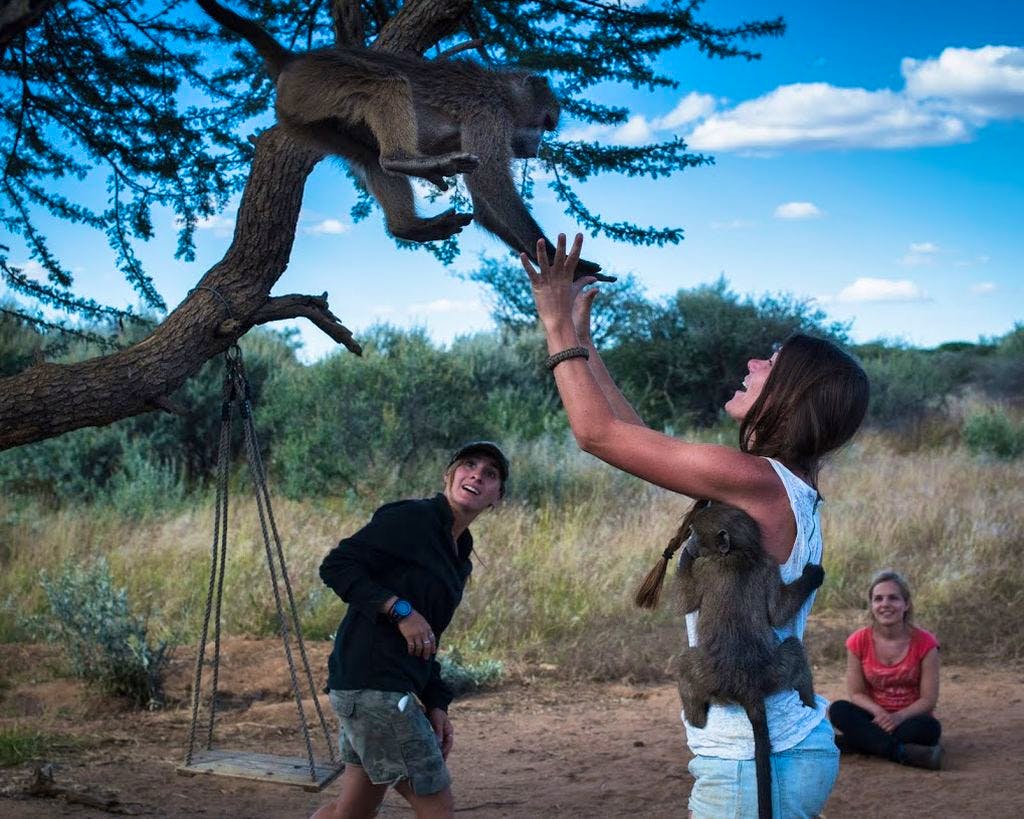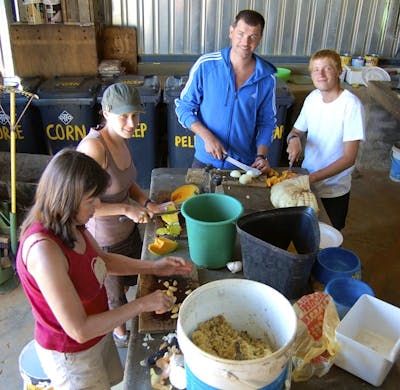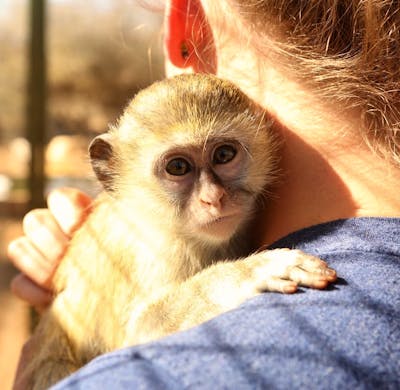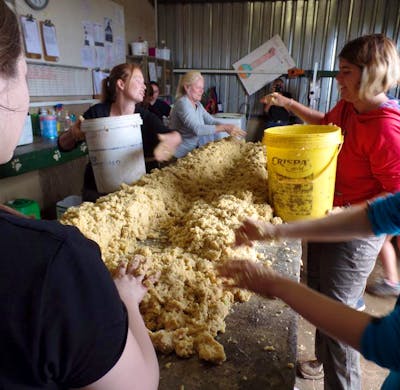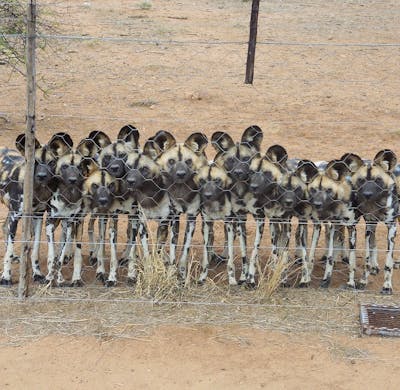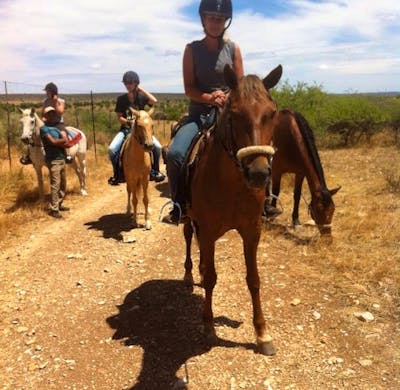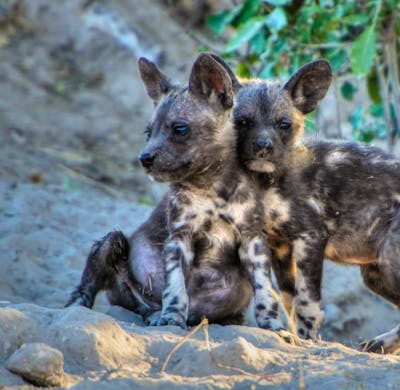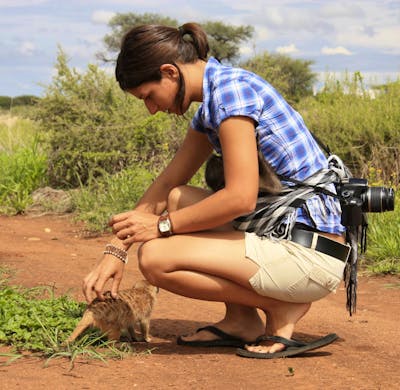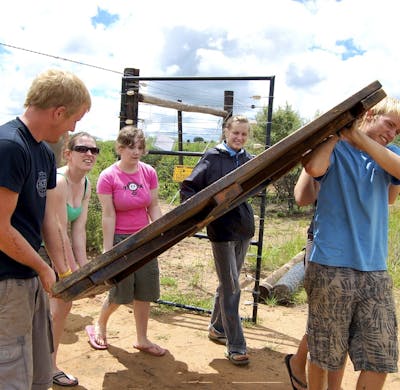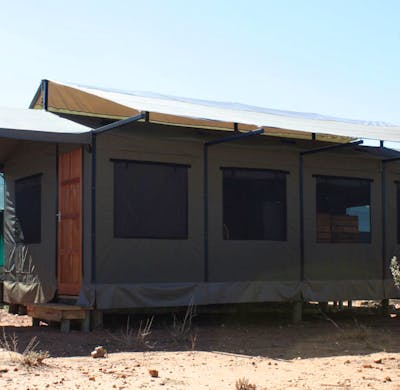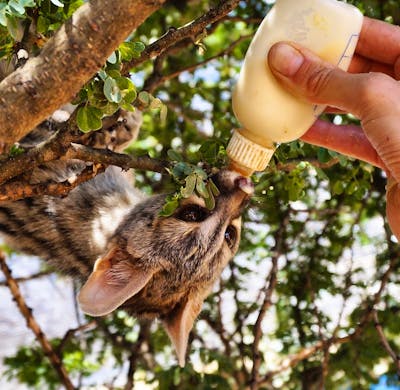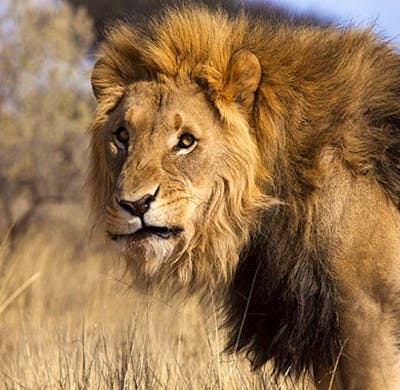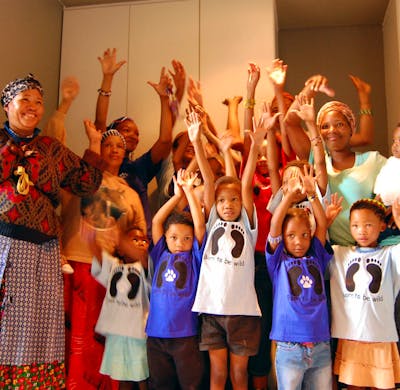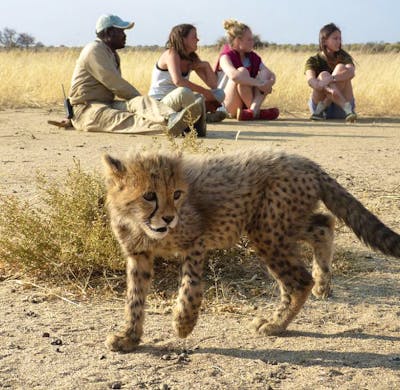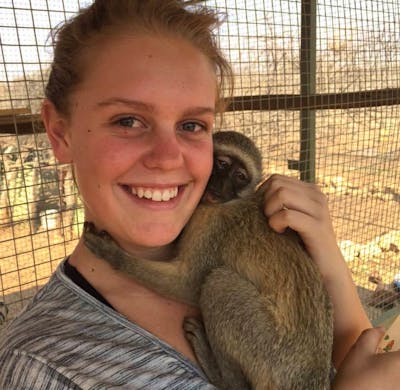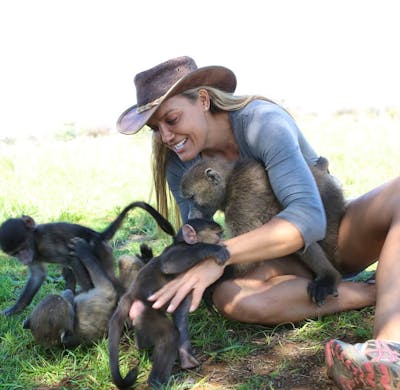2024 at Wildlife Sanctuary Supporter
a partir de 1.380€
Wildlife Sanctuary Supporter
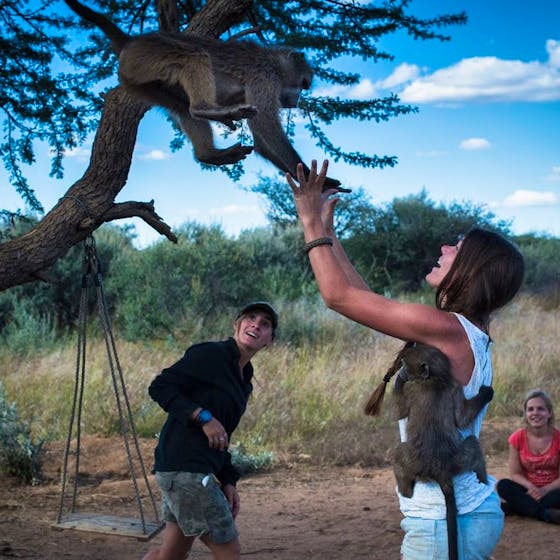
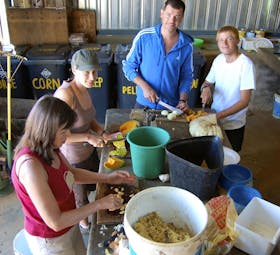
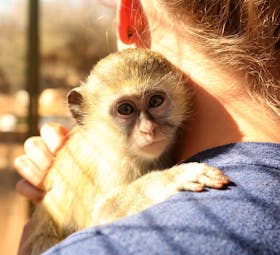
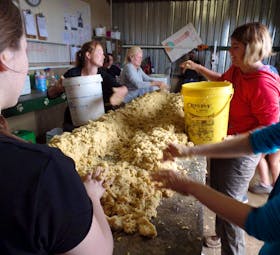
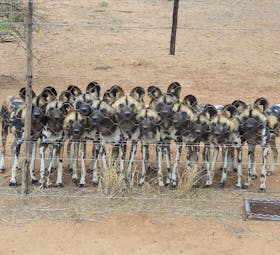
Complete sua reserva o mais rápido possível. Este projeto se enche rapidamente e já está reservado em algumas datas.
Destaques
- Engage in captivating animal welfare activities, including enriching experiences and guided walks in the African bush
- Make a meaningful impact by enhancing the living conditions of vulnerable animals in Namibia through vital environmental maintenance
- Join forces with the dedicated project team in their mission to rehabilitate and reintroduce numerous animals back into their natural habitats
- Immerse yourself in the world of Africa's extraordinary wildlife as you feed, care for, and gain invaluable knowledge about these magnificent species
Especialmente adequado para
Sobre o programa
Here you'll direct all of your efforts towards the long term rehabilitation of animals. Experience hands-on volunteering with baboons, small animals and much more!
About The Project
Situated in the heart of the African savannah, this sanctuary serves as a refuge for Namibia’s injured and orphaned wildlife. Many of these animals have been relocated away from local farms as they are seen as ‘problem animals’, deemed to be a risk to livestock and crops ...
Dia típico
A typical working week runs from Monday to Friday, with each day beginning at 7am and ending around 5pm/6pm. During this time, you will take part in a combination of the activities found below.
Baboon Walk
The sanctuary is home to a number of baboons that have been orphaned as a result of the ...
Actividades em tempo livre
Whilst on the project, you will have the weekday evenings and all weekend to relax.
Please note, however, that the animals do still need to be fed on the weekends, therefore a small amount of time may be set aside for this.
You are welcome to spend your free time as you please:
- head out on a nature ...
Requisitos
Serviços incluídos
O que NÃO está incluído?
Detalhes à chegada
You can choose to arrive on any day of the week throughout the year (subject to availability). Please contact us to check whether your preferred start date is still available!
Preços do programa
Conheça seu anfitrião

The Great Projects
Agência - fundada em 2003
Verificado por Volunteer World
Hospedado por
Lauren
Sobre o projecto
195 revisões ·  4.6
4.6
Localização

Pode também estar interessado em
-
Vinduque
Cães Selvagens Africanos
Conservação do Chita
Conservação do Leopardo
Conservação do Leão
Conservação de Macacos
Animais na África
Grupo
Viagens Solidárias
Projectos no estrangeiro
Casais
Família
Maiores de 50
